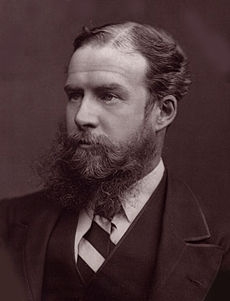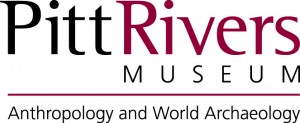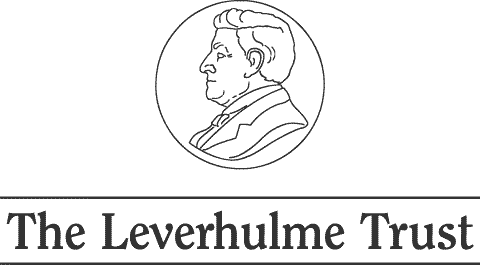To search the RPR site click here
John Lubbock, first Baron Avebury, was a polymath, writer, banker, keen archaeologist and politician. He was also a member of many of the same learned societies as Pitt-Rivers. To find out the many contacts between them see here. In addition he was a friend and colleague of Pitt-Rivers, and after 1884, his son-in-law when he married Pitt-Rivers' daughter, Alice.
Lubbock's campaigning, as an MP, for the post of Inspector of Ancient Monuments resulted in the Government establishing this post, the first appointment to which was Augustus Pitt-Rivers.
See here for letters from Lubbock to Pitt-Rivers from Salisbury and South Wiltshire Museum's Pitt-Rivers papers.
After 1880 Lubbock became embroiled in the debate about where Pitt-Rivers' collection should go, whether it should say at South Kensington Museum [SKM] or move elsewhere. He chaired the governmental committee established to examine what might be the best course.
In a late night (or rather early morning, it was after 2.00 am) debate in Parliament on the issue of Education, Science and Art which also included a debate about the findings of the committee, and the decision of SKM to ignore the committee's proposals and refuse to accept the offer of the collection, John Lubbock said:
'Sir John Lubbock said, as Chairman of the Committee to which reference had been made, he hoped he should be allowed to say one or two words. He had heard one or two murmurs, and if hon. Members were to discuss these Votes, he trusted the Committee would allow them to do it without interruption. This collection of General Pitt Rivers was, perhaps, one of the finest collections in the world. The collection was offered to the nation by General Pitt Rivers, and not only that, but this gentleman undertook, if the collection were accepted, to provide a curator at his own expense. The Committee unanimously decided that the collection was of the greatest value and interest, and should be accepted; and, having done that, the Government then declined to receive it, on the ground of want of space. It would have been much better if the Government had made up their mind not to accept the collection at the outset, instead of appointing a Committee of scientific gentlemen, whose time was of great value to them, whose recommendation had been ignored. He did not suppose the hon. Member wished to divide the Committee on this Vote; but he (Sir John Lubbock) would like to know whether the decision of the Department was final, or whether the matter was still open? General Pitt Rivers did not care whether the collection was under the South Kensington authorities or those of the British Museum; but, having got together a most interesting collection, he wished to present it to the nation, and it appeared to him (Sir John Lubbock) very unwise to decline it, and not to see whether some arrangement could not be made under which it could be accepted. If the Government did not care about putting the collection in the South Kensington Museum or the British Museum, arrangements could, perhaps, be made for exhibiting it permanently at Liverpool or Manchester. He therefore ventured to express a hope that the Government would not look upon this matter as absolutely finally closed, but would place themselves in communication with General Pitt Rivers, with a view to seeing whether some arrangement could not be made for the purpose of accepting this very valuable collection for the benefit of the nation.
...What they [The Committee] desired was that this valuable collection should not be lost to the nation. ...' [Hansard, EDUCATION, SCIENCE, AND ART. HC Deb 08 August 1881 vol 264 cc1300-42]
Pitt-Rivers must have been grateful to John Lubbock for such strong support. Lubbock continued to support Pitt-Rivers, in his will Pitt-Rivers appointed Lubbock, with C.H. Read, as Trustee for the Museum which was more onerous a task more immediately than either might have expected, as the Trustees had to become involved in a court case with Pitt-Rivers heir, Alexander, when he proposed to change the museum arrangements soon after inheriting.
AP, September 2011




